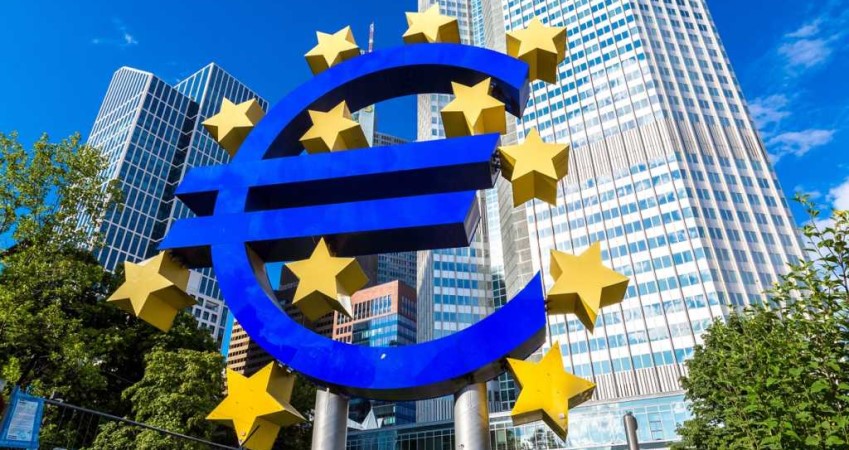
Inflation in Germany rose less sharply in June than in May when it reached its highest level since 2018. Lately, there has been a lot of buzz in the financial markets about rising inflation because central banks such as the European Central Bank (ECB) may be able to raise interest rates more quickly.
Lower inflation is related to less sharp increases in energy and food prices. Certain services also became less expensive after their prices previously rose sharply due to high consumer demand due to the reviving of the economy from the corona crisis. For example, it concerns holidays.
According to introductory figures from the German Federal Statistical Office, inflation was 2.1 percent year-on-year, equated to 2.4 percent a month earlier. This is a so-called harmonized figure so that German inflation can be compared with that in other European countries. Inflation in Europe’s largest economy is thus approaching the ECB’s target of almost 2 percent.
Incidentally, the inflation decline is expected to be short-lived as the full effect of the disappearance of a temporary VAT cut in Germany will be felt from next month.
Furthermore, the higher raw material prices are also expected to have an effect on inflation, as are the price increases in the industry due to the supply problems with, for example, chips.
